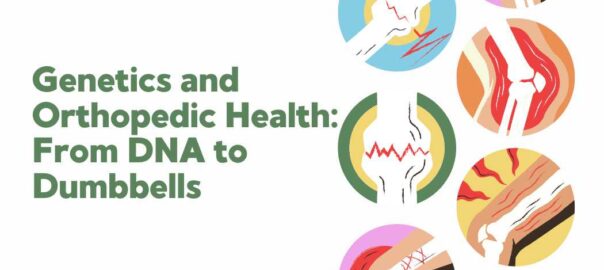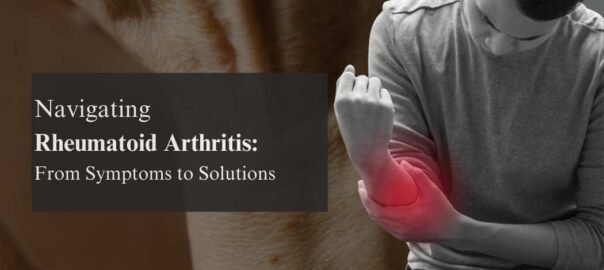
Leg cramps afflict many individuals, disrupting daily routines and causing discomfort. By comprehending the origins of leg cramps and employing effective solutions, one can alleviate this ailment’s impact on their life.
The Science Behind Leg Cramps
Unveiling the Root Causes
Leg cramps stem from various factors, including dehydration, electrolyte imbalances, muscle fatigue, and circulatory issues. Identifying these underlying causes is crucial for devising targeted treatments.
Delving into Varieties of Leg Cramps
Leg cramps manifest in different forms, such as nocturnal cramps during sleep, exercise-induced cramps, and secondary cramps associated with health conditions like diabetes. Understanding these distinctions aids in formulating personalized management strategies.
Swift Solutions: Tackling Leg Cramps Instantly
When confronted with a leg cramp, immediate relief is paramount. Employing swift techniques can alleviate discomfort promptly.
Strategic Stretching Techniques
Engaging in gentle stretches targets the cramped muscles, promoting relaxation and alleviating cramps. Implementing specific stretching routines tailored to affected areas yields effective results.
Therapeutic Massage Tactics
Massaging cramped muscles enhances blood circulation and eases tension. Utilizing massage techniques, either manually or with aids, provides immediate relief.
Harnessing Heat and Cold Therapy
Applying heat or cold to cramped muscles can alleviate pain and promote relaxation. Experimenting with both methods helps identify the most effective approach for individual needs.
Dietary Strategies: Curbing Leg Cramps through Nutrition
A balanced diet plays a crucial role in preventing leg cramps. Strategic dietary choices can mitigate the risk of cramps occurring.
Hydration as the Key Player
Maintaining adequate hydration is essential for preventing electrolyte imbalances that trigger cramps. Consistent water intake throughout the day is imperative, especially during physical activity.
Balancing Electrolytes for Muscle Health
Consuming foods rich in potassium, magnesium, calcium, and sodium supports muscle function and prevents cramps. Incorporating electrolyte-rich foods into one’s diet is pivotal for cramp prevention.
Lifestyle Tweaks: Preventive Measures for Leg Cramps
Adopting certain lifestyle modifications can mitigate the occurrence of leg cramps and promote overall well-being.
Exercise Regimens for Muscle Integrity
Engaging in regular stretching and strengthening exercises enhances muscle flexibility and strength, reducing the likelihood of cramps. Implementing targeted exercises focusing on susceptible muscle groups is beneficial.
Footwear Essentials for Support
Wearing supportive footwear with adequate arch support minimizes strain on muscles, reducing the risk of cramps. Choosing footwear that provides comfort and stability is essential, especially during physical activities.
Optimal Sleep Positions for Muscle Relaxation
Maintaining proper sleep posture alleviates pressure on muscles and prevents nocturnal cramps. Experimenting with different sleep positions and utilizing supportive pillows enhances sleep quality and reduces cramp incidence.
Holistic Remedies: Natural Aids for Leg Cramps
Incorporating natural remedies into one’s routine can complement conventional treatments and promote muscle health.
Magnesium: The Mighty Mineral
Supplementing with magnesium aids in muscle relaxation and prevents cramps. Consulting healthcare professionals for appropriate supplementation dosage is recommended.
Potassium Powerhouses in Food
Consuming potassium-rich foods like bananas, sweet potatoes, and leafy greens maintains electrolyte balance and prevents cramps. Incorporating these foods into daily meals supports muscle health.
Exploring Herbal Allies
Herbal remedies like valerian root and chamomile possess muscle-relaxing properties, aiding in cramp prevention. Incorporating herbal teas or supplements into one’s routine may provide additional relief.
Seeking Medical Guidance: Professional Interventions for Severe Cases
For persistent or severe leg cramps, seeking medical advice is imperative. Healthcare professionals can offer personalized interventions to address underlying issues and alleviate symptoms.
Consulting Healthcare Providers
Scheduling appointments with healthcare professionals allows for thorough evaluation and personalized treatment plans. Discussing symptoms and concerns facilitates effective management strategies.
Medicinal Approaches to Alleviate Cramps
In severe cases, medical interventions such as prescription medications may be necessary to alleviate cramps and improve quality of life. Consulting healthcare providers for appropriate medication options is recommended.
Conclusion: Empowering Individuals to Conquer Leg Cramps
Leg cramps can significantly impact daily life, but with knowledge and proactive measures, individuals can effectively manage and prevent them. By implementing swift remedies, adopting healthy lifestyle habits, and seeking medical guidance when needed, individuals can conquer leg cramps and enhance their overall well-being.
FAQ’s
Leg cramps can sometimes indicate underlying health issues, but occasional cramps are often harmless and manageable with lifestyle adjustments.
Yes, dehydration can lead to electrolyte imbalances that trigger leg cramps. Maintaining hydration is essential for preventing cramps.
Yes, leg cramps are common during pregnancy due to hormonal changes and increased pressure on muscles and blood vessels.
Stretching before bedtime, staying hydrated, and maintaining proper sleep posture can help prevent nocturnal leg cramps.
If leg cramps are severe, frequent, or accompanied by other concerning symptoms, it’s advisable to consult healthcare professionals for evaluation and treatment.








